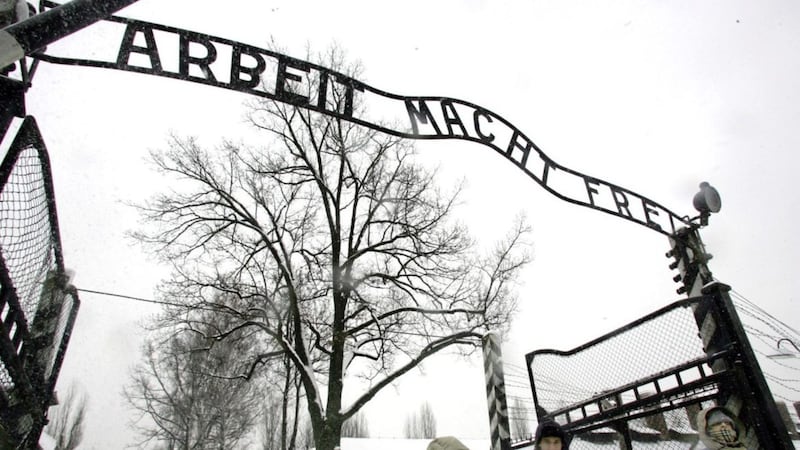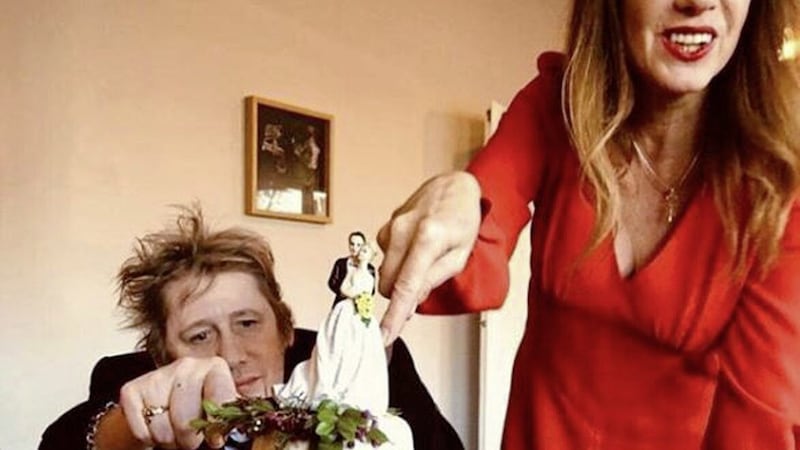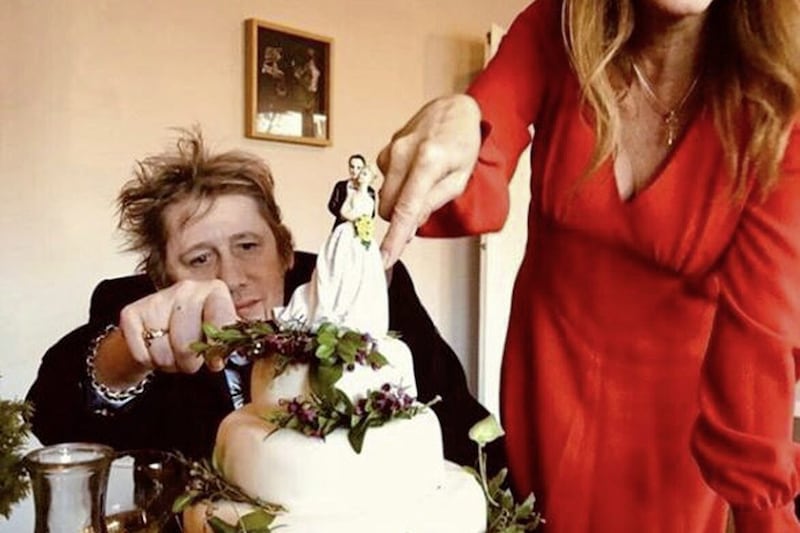The Escape Artist, Radio 4
Lives in Care, Radio 4
WHEN journalist Jonathan Freedland was 19, he went to a Curzon cinema in London to watch Shoah – the renowned documentary about the Holocaust.
It was nine-and-a-half hours long and left a deep impression, especially because among those watching with him were concentration camp survivors.
In Shoah, one man stood out – Rudolf Vrba, who at that same age of 19 had witnessed many lifetimes worth of suffering.
He escaped Auschwitz and made it his mission to alert the world to widescale murder in the camps.
This is Vrba’s story – how, as 17-year-old Slovakian Jew Walter Rosenburg, as he was then, he was deported and ended up in a camp.
How he survived there for two-and-a-half years, nameless and only as a number.
The building site at Buna where he and his friend Jozef were sent was a world of men running everywhere. They faced the daily threat of being beaten with whips or being shot by SS officers.
In the end, out of the 100 men they counted at the site, only Walter and Jozef survived.
The story stayed with Freedland. He felt compelled to find out more about this man who had been ready to risk everything to escape.
It’s also a story about how people can refuse to believe in the distinct possibility of their own imminent destruction – even, or perhaps especially, when that destruction is certain.
The Escape Artist as read by Freedland himself is compelling.
Another difficult truth – this one about living in care – is told by Tony Simpson and young people who have grown up in the care system.
Tony was born in a Salvation Army mother and baby home and put into care by his grandmother when he was three months old.
Across the UK, more than 100,000 young people are looked after away from home and every day 95 children enter the care system.
“Care is not something that happens in your childhood and then you shake it off,” said Tony. “The legacy those experiences leave you with really does last a lifetime.”
I listened to stories about leaving care. In what are arguably the most vulnerable teenage years, young people can end up in half-way houses or on their own without the coping skills to survive.
The system needs to change.








